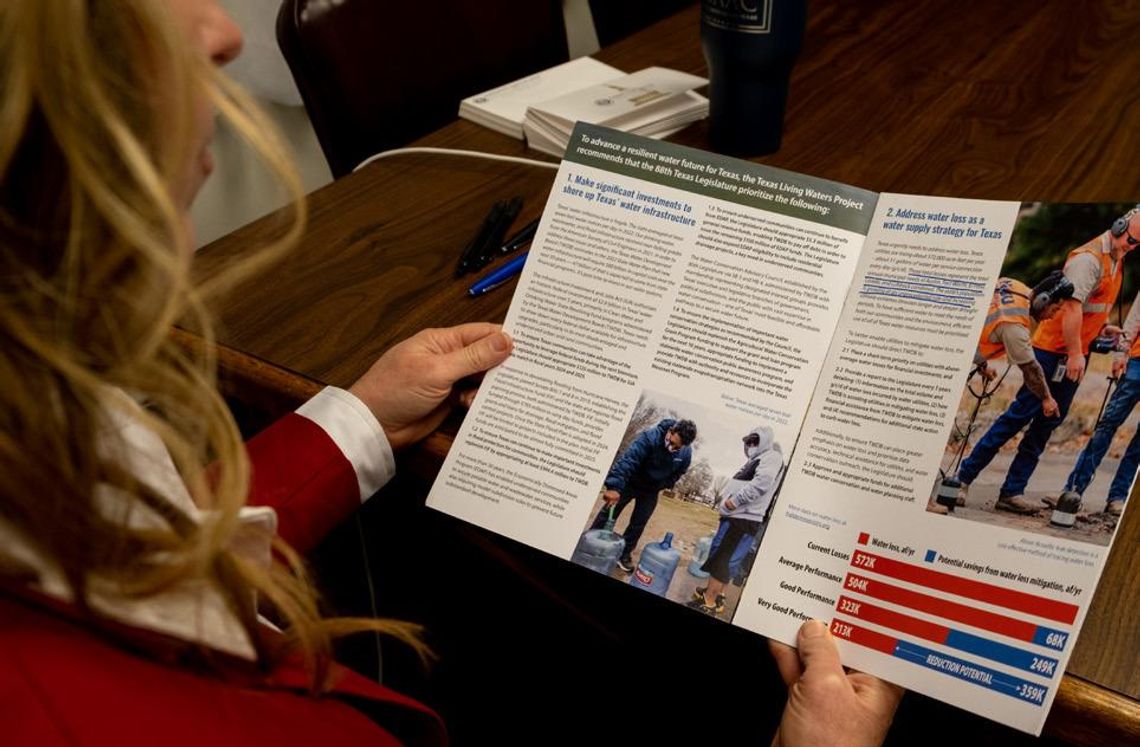Hays County remains gripped by excessive drought, but lawmakers have offered little in the way of proposals to quench the mounting problem. To the west, the Trinity Aquifer and the private wells it feeds are going dry. To the east, the San Marcos river flows at its lowest recorded level since 1997.
Historically, Texas lawmakers have resisted the restriction of over-pumping to not infringe on property rights. Instead, tax breaks and other incentives are used to lessen the effects of water supply shortages.
However, “Addressing Texas’ Future Water Needs” falls 28th on Lt. Gov. Dan Patrick’s top 30 list of priorities, below Senate Bill 12: “Banning Children’s Exposure to Drag Shows” and SB14: “Ending Child Gender Modification.”







